AI and contemporary philosophers
Let me first introduce you to some of them.
Biography of Nick Bostrom, ideas and books
Nick Bostrom is a Swedish philosopher and professor of philosophy at the University of Oxford. He was born on March 10, 1973, in Helsingborg, Sweden. Bostrom is known for his work on existential risk, human enhancement, and the philosophical implications of artificial intelligence.
Bostrom received his Bachelor of Arts degree in philosophy, mathematics, and logic from the University of Gothenburg in 1994. He then earned a Master of Science degree in computational neuroscience from King’s College London in 1996. In 2000, he completed his Ph.D. in philosophy at the London School of Economics.
In 2005, Bostrom founded the Future of Humanity Institute at Oxford University, where he currently serves as director. The institute is dedicated to research on the long-term future of humanity, including the risks and opportunities associated with emerging technologies.
Bostrom’s work has had a significant impact on the fields of philosophy and artificial intelligence. In his book “Superintelligence: Paths, Dangers, Strategies,” he argues that the development of superintelligent AI could pose an existential risk to humanity if proper safety measures are not taken.
His other notable works include “Anthropic Bias: Observation Selection Effects in Science and Philosophy,” in which he explores the implications of the anthropic principle in cosmology, and “Global Catastrophic Risks,” which he co-edited with Milan M. Ćirković.
Bostrom’s ideas and research have been influential in shaping public policy and discourse on emerging technologies. He has advised numerous organizations, including the World Health Organization, the United Nations, and the European Commission.
Nick Bostrom is a highly respected philosopher and researcher whose work has had a significant impact on our understanding of the risks and opportunities associated with emerging technologies.
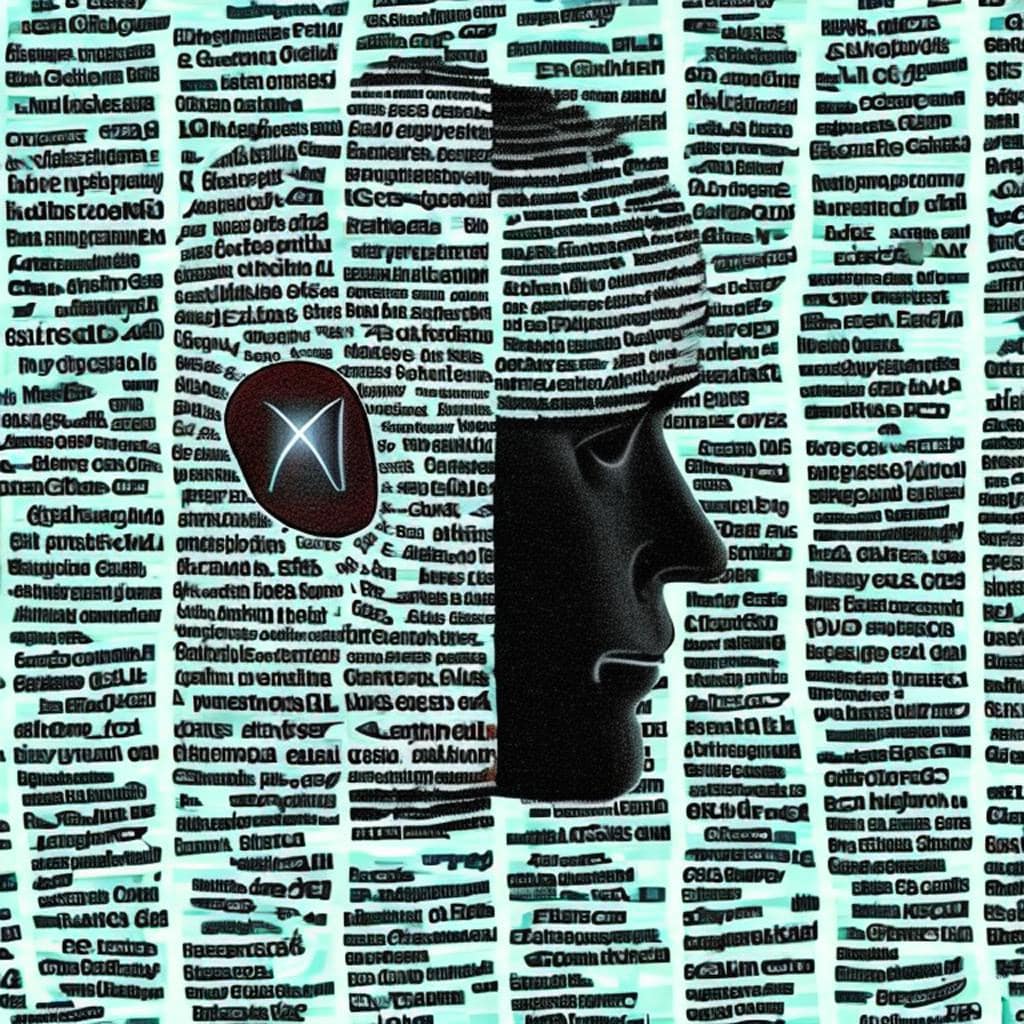
Biography of Susan Schneider, ideas and books
Susan Schneider is an American philosopher and cognitive scientist, known for her work on the nature of consciousness, the possibility of artificial consciousness, and the ethics of artificial intelligence. She was born on March 22, 1974, in New Jersey, USA.
Schneider earned her Bachelor of Arts degree from the University of Rochester in 1996 and her Ph.D. in philosophy from Rutgers University in 2002. She has held positions at numerous institutions, including the University of Pennsylvania, the Massachusetts Institute of Technology, and the University of Connecticut. She is currently a professor of philosophy at Florida Atlantic University.
Schneider’s work has focused on the relationship between the brain and consciousness. In her book “The Blackwell Companion to Consciousness,” she argues that consciousness is a fundamental feature of the universe, and that it cannot be reduced to purely physical processes.
She has also written extensively on the possibility of artificial consciousness. In her book “Artificial You: AI and the Future of Your Mind,” she explores the implications of creating machines that can experience consciousness. Schneider argues that the development of artificial consciousness could have both positive and negative consequences, and that we must carefully consider the ethical implications of this technology.
In addition to her academic work, Schneider has also written for popular publications such as Scientific American, where she has explored topics such as the relationship between consciousness and the multiverse.
Susan Schneider is a highly respected philosopher and cognitive scientist whose work has advanced our understanding of consciousness and the implications of emerging technologies such as artificial intelligence.
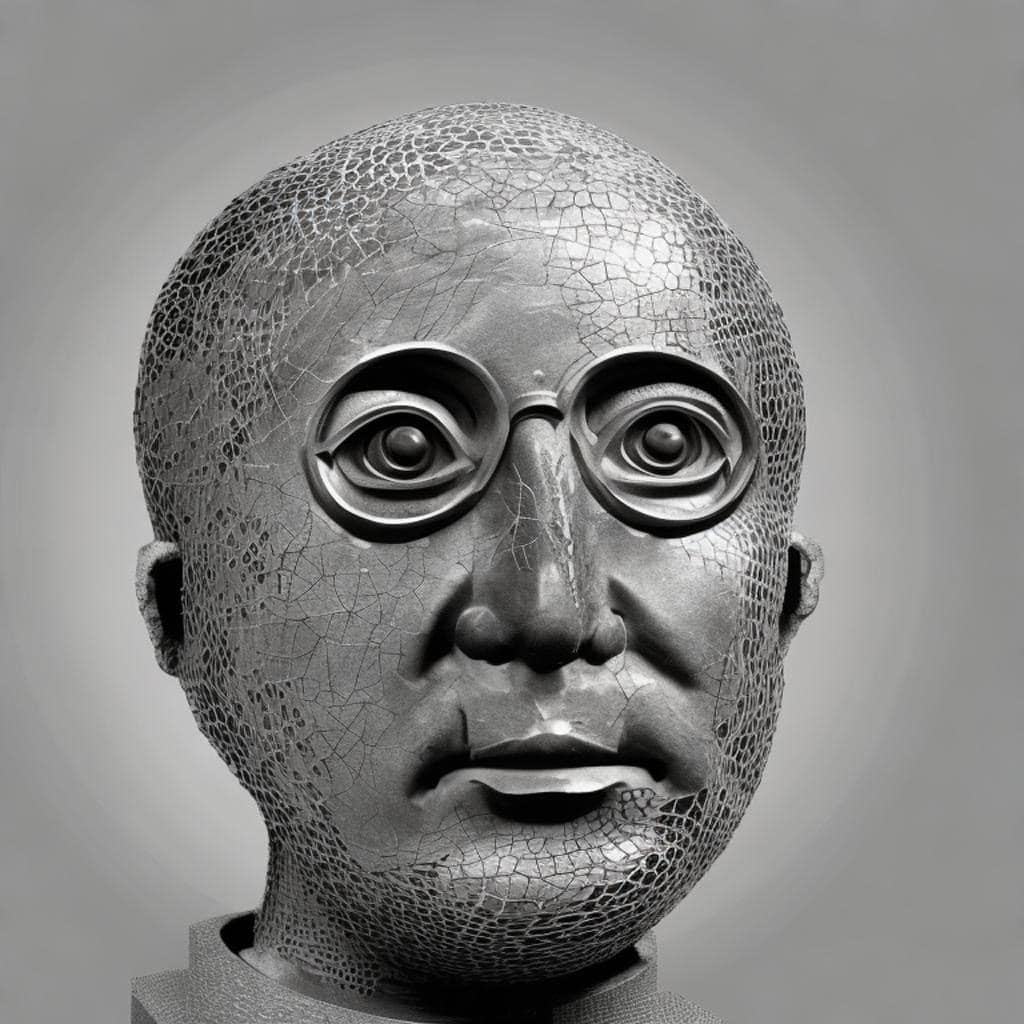
Biography of Hubert Dreyfus, ideas and books
Hubert Dreyfus was an American philosopher who was born on October 15, 1929, in Terre Haute, Indiana, and passed away on April 22, 2017. He was best known for his work on phenomenology and existentialism, and for his critiques of artificial intelligence and cognitive science.
Dreyfus received his Bachelor of Arts degree from Harvard University in 1951, and his Ph.D. in philosophy from Harvard in 1964. He spent most of his academic career at the University of California, Berkeley, where he was a professor of philosophy from 1968 until his retirement in 1994.
One of Dreyfus’s most influential works is “Being and Time Division I,” in which he provides a detailed analysis of Martin Heidegger’s work “Being and Time.” Dreyfus argued that Heidegger’s approach to philosophy, which emphasizes the importance of lived experience, provides a more compelling account of human existence than traditional philosophical approaches.
Dreyfus also became known for his critiques of artificial intelligence and cognitive science. In his book “What Computers Can’t Do: The Limits of Artificial Intelligence,” he argued that human intelligence is fundamentally different from machine intelligence, and that attempts to create machines that can replicate human thinking are doomed to fail. He also criticized the idea that the mind is a kind of computer, arguing that this view ignores the embodied and embedded nature of human cognition.
In addition to his academic work, Dreyfus was a public intellectual who was known for his critiques of contemporary culture. He argued that the modern obsession with technology and efficiency has led to a loss of meaning and a devaluation of human experience.
Hubert Dreyfus was a highly influential philosopher whose work on phenomenology, existentialism, and the philosophy of technology has had a lasting impact on the field of philosophy.
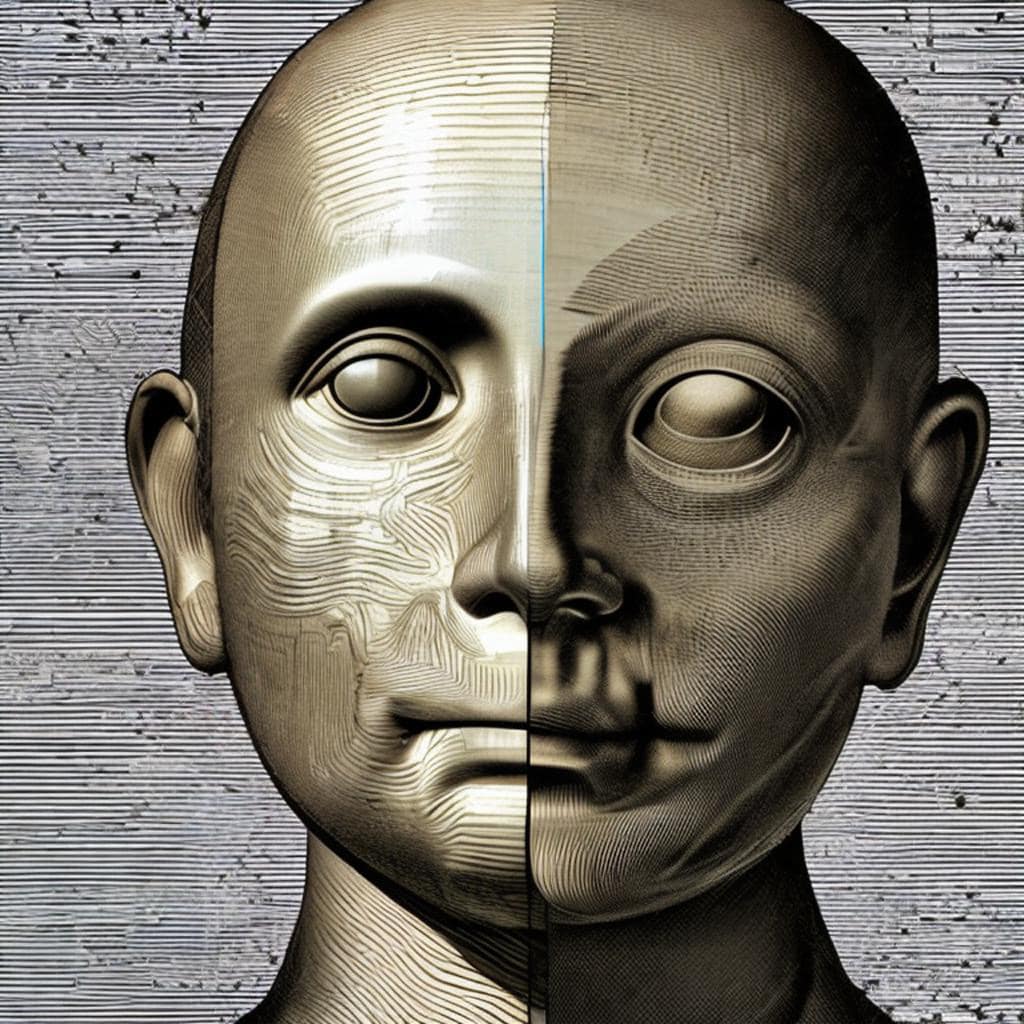
Biography of Timnit Gebru, ideas and books
Timnit Gebru is an Ethiopian-American computer scientist and artificial intelligence researcher who is known for her work on algorithmic bias, diversity and inclusion in tech, and the ethical implications of artificial intelligence. She was born in Ethiopia in 1982 and grew up in Ghana before moving to the United States.
Gebru earned her Bachelor of Science degree in electrical engineering from Stanford University in 2006 and her Ph.D. in electrical engineering from the University of California, Berkeley in 2014. She has worked at Google, Microsoft Research, and Apple, and in 2020, she co-founded the Black in AI organization to promote the inclusion of Black researchers in the field of artificial intelligence.
Gebru’s research focuses on the social and ethical implications of artificial intelligence, with a particular emphasis on algorithmic bias. In 2018, she co-authored a paper with Joy Buolamwini, which showed that commercially available facial recognition systems are less accurate at identifying women and people of color than they are at identifying white men. This work highlighted the need to address bias in AI and has had a significant impact on the industry.
Gebru has also written extensively on the need for greater diversity and inclusion in the tech industry. In her 2018 paper, “Gender Shades: Intersectional Accuracy Disparities in Commercial Gender Classification,” she showed that gender classification algorithms are more accurate for lighter-skinned individuals than for darker-skinned individuals, and for men than for women. This work has led to increased awareness of the need for greater diversity and inclusivity in the development of AI systems.
In December 2020, Gebru made headlines when she was fired from her position as co-lead of Google’s Ethical AI team, after she authored a paper critical of the company’s approach to diversity and inclusion. Her firing sparked widespread criticism and reignited a debate over the role of ethics in the development of AI.
Timnit Gebru is a highly respected researcher and advocate whose work has had a significant impact on the field of artificial intelligence, particularly in relation to bias, diversity, and inclusion.
The conclict with Google
The conflict that led to Timnit Gebru’s departure from Google began in late 2020, when she and a team of researchers prepared a paper on the ethical issues surrounding large language models, such as those used in Google’s search and translation systems. The paper, titled “On the Dangers of Stochastic Parrots: Can Language Models Be Too Big?”, argued that the use of large language models can have harmful social and environmental impacts, and that the development of these models should be subject to greater scrutiny.
According to Gebru, she was asked to retract the paper or remove the names of Google employees who had not directly contributed to the research. She refused to do so and was subsequently fired from her position at Google. In a tweet, Gebru stated that she was fired for “raising concerns about race and gender bias in AI.”
The incident sparked a backlash among tech industry professionals and advocates for diversity and inclusion in tech, who saw Gebru’s departure as evidence of a broader pattern of discrimination and retaliation against marginalized voices in the industry. In response, Google CEO Sundar Pichai apologized for the way the situation was handled, but did not offer to rehire Gebru.
The conflict also highlighted broader concerns about the lack of diversity and inclusivity in the tech industry, particularly in relation to the development of artificial intelligence. Many advocates argue that a lack of diversity in the industry can lead to biased and harmful AI systems, and that greater efforts are needed to ensure that the development of AI is more transparent and accountable.
Solutions to the conflict according to AI
There are several potential solutions to the situation that led to Timnit Gebru’s departure from Google, although some of these may be more feasible than others. Here are a few possibilities:
- Rehire Gebru: Some advocates have called for Google to rehire Gebru, arguing that her dismissal was unjust and that she has valuable expertise and insights that could benefit the company. However, it is unclear whether Google would be willing to do so, and whether Gebru herself would be interested in returning to the company.
- Hold those responsible accountable: If it can be demonstrated that Gebru’s firing was the result of retaliation or discrimination, there may be legal or regulatory avenues for holding those responsible accountable. For example, the US National Labor Relations Board is currently investigating Gebru’s firing to determine whether it violated labor laws.
- Increase transparency: Many advocates argue that greater transparency and accountability are needed in the tech industry, particularly in relation to the development of artificial intelligence. One possible solution would be for companies like Google to be more transparent about their AI research and development processes, and to engage in more meaningful dialogue with outside experts and advocates.
- Support diversity and inclusion: Finally, many advocates argue that the lack of diversity and inclusivity in the tech industry is a root cause of the problems that led to Gebru’s firing. To address this, companies like Google could invest more resources in recruiting and retaining underrepresented groups, create more inclusive work environments, and take steps to ensure that diverse voices are heard and valued within the company.
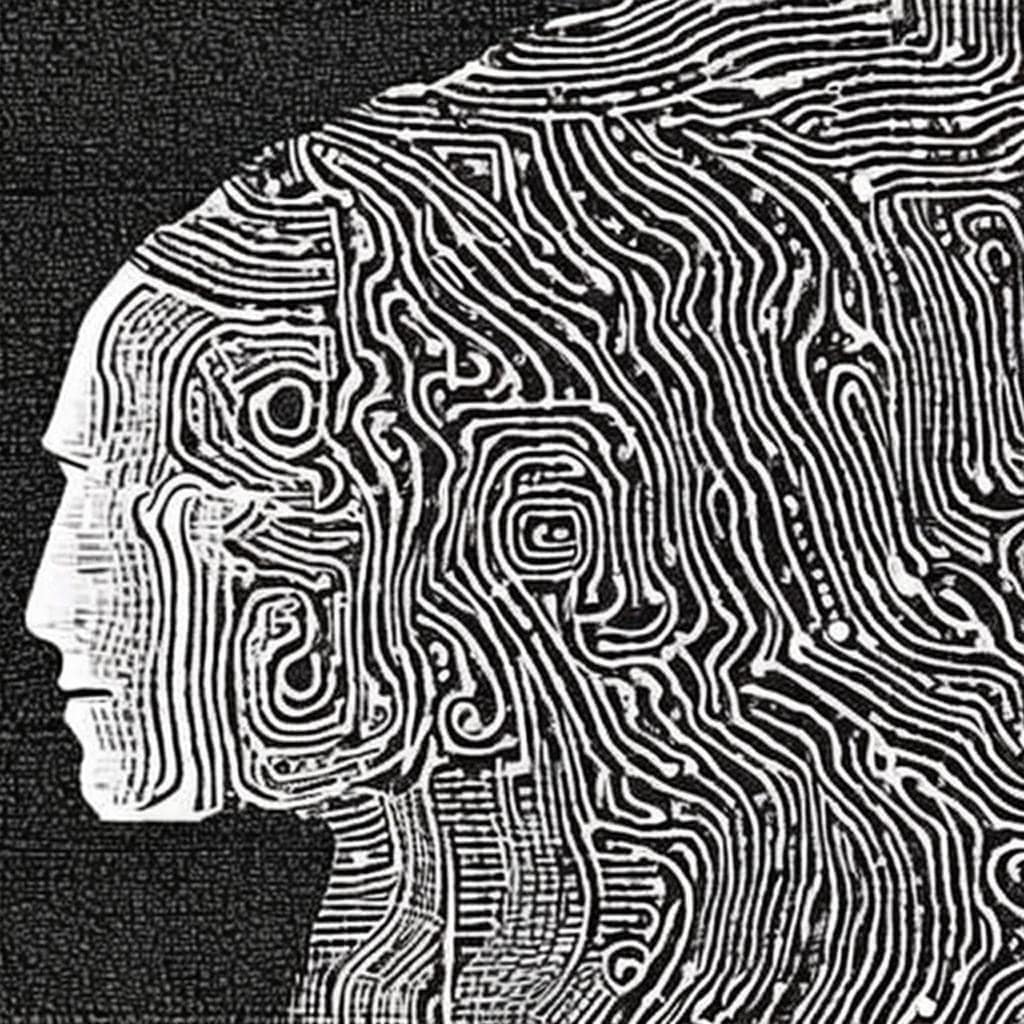
Biography of Kate Crawford, ideas and books
Kate Crawford is an Australian researcher, academic, and author who is known for her work on the social and political implications of artificial intelligence, big data, and machine learning. She was born in 1976 in Sydney, Australia.
Crawford earned her Bachelor of Arts degree in history and politics from the University of Sydney in 1997 and her Ph.D. in information systems from the same university in 2003. She has held positions at Microsoft Research, the Massachusetts Institute of Technology, and the University of New South Wales, and is currently a professor at the University of Southern California.
Crawford’s work focuses on the ways in which technology intersects with social and political issues, particularly in relation to issues of power, bias, and ethics. She has written extensively on the need for greater transparency and accountability in the development of AI and big data systems, and on the ways in which these systems can perpetuate and exacerbate social inequalities.
In her book “Atlas of AI,” Crawford argues that the development of artificial intelligence is shaped by a small group of elite technologists, investors, and policymakers, and that this group is not representative of the broader society. She suggests that this lack of diversity and inclusivity can lead to AI systems that are biased, unfair, and harmful to marginalized communities.
Crawford has also written about the ways in which machine learning algorithms can perpetuate gender and racial stereotypes. In her paper “Gender Bias in Artificial Intelligence: The Need for Diversity and Inclusion,” she argues that the lack of diversity in the tech industry can lead to biased algorithms that reinforce harmful gender and racial stereotypes.
In addition to her academic work, Crawford is also a public intellectual and has been involved in numerous advocacy and policy initiatives related to AI and big data. She co-founded the AI Now Institute at New York University, which aims to promote greater transparency and accountability in the development of AI systems.
Kate Crawford is a highly respected researcher and advocate whose work has had a significant impact on the field of artificial intelligence, particularly in relation to issues of bias, diversity, and ethics.

Biography of John Searle, ideas and books
John Searle is an American philosopher who is known for his work in the fields of philosophy of mind, language, and social reality. He was born on July 31, 1932, in Denver, Colorado.
Searle earned his Bachelor of Arts degree from the University of Wisconsin in 1954, and his Ph.D. in philosophy from the University of Oxford in 1959. He has held positions at the University of California, Berkeley, and the University of Chicago, and is currently the Slusser Professor Emeritus of Philosophy at UC Berkeley.
Searle’s work has focused on the nature of consciousness and the relationship between language and reality. He is perhaps best known for his argument against the idea of strong artificial intelligence, which holds that machines can truly understand language and have mental states. In his “Chinese Room” thought experiment, Searle argues that even if a computer program could simulate intelligent conversation in Chinese, it would not truly understand the language.
Searle has also written extensively on the philosophy of language, including his influential book “Speech Acts: An Essay in the Philosophy of Language,” in which he argues that language is not just a matter of expressing ideas, but of performing actions. He has also contributed to the debate over the nature of social reality, arguing that institutions and social structures are not just the result of individual actions, but have an objective existence of their own.
In addition to his academic work, Searle has been an active public intellectual and has written for a wide range of publications, including The New York Times, The Wall Street Journal, and The New Republic.
John Searle is a highly respected philosopher whose work has had a significant impact on the fields of philosophy of mind, language, and social reality. His arguments against strong artificial intelligence and his contributions to the philosophy of language and social ontology continue to influence philosophical discussions and debates to this day.
Table summarizing some of the pros, cons, and potential future implications of artificial intelligence:
| Pros of AI | Cons of AI | Future Implications of AI |
| Automation of tedious and repetitive tasks | Job displacement and unemployment | Increased reliance on AI for decision-making |
| Improved accuracy and precision in certain tasks | Bias and discrimination in AI decision-making | Need for greater transparency and accountability in AI development |
| Development of new and innovative products and services | Potential for AI systems to malfunction or make errors | Ethical and moral implications of creating intelligent machines |
| Increased efficiency and productivity in various industries | Potential for AI to be used for malicious purposes (e.g. cyber attacks) | Need for more research on the social and psychological impacts of AI |
| Improved healthcare outcomes through better diagnosis and treatment | Dependence on AI systems may lead to loss of human skills | Need for increased investment in AI education and training |
This table is not exhaustive and that there are many other factors that could be included in a comprehensive analysis of the pros, cons, and future implications of artificial intelligence. Additionally, the pros and cons of AI are often context-dependent and may vary depending on the specific application or use case.
Table summarizing some of the key philosophers and their ideas on artificial intelligence
| Philosopher | Key Ideas on AI |
| Nick Bostrom | Potential existential risks posed by AI and the importance of ensuring that AI systems are aligned with human values |
| Susan Schneider | Ethical implications of artificial consciousness and the need for careful consideration of the social and political impacts of AI |
| Hubert Dreyfus | Critiques of artificial intelligence and cognitive science, arguing that human intelligence is fundamentally different from machine intelligence |
| Timnit Gebru | Focus on issues of bias, diversity, and inclusion in AI research and development |
| Kate Crawford | Critiques of the social and political implications of AI, particularly in relation to issues of power, bias, and ethics |
| John Searle | Arguments against the idea of strong artificial intelligence and the importance of understanding the nature of consciousness and language |
This table is not exhaustive and there are many other philosophers and researchers who have contributed to the discourse on artificial intelligence.
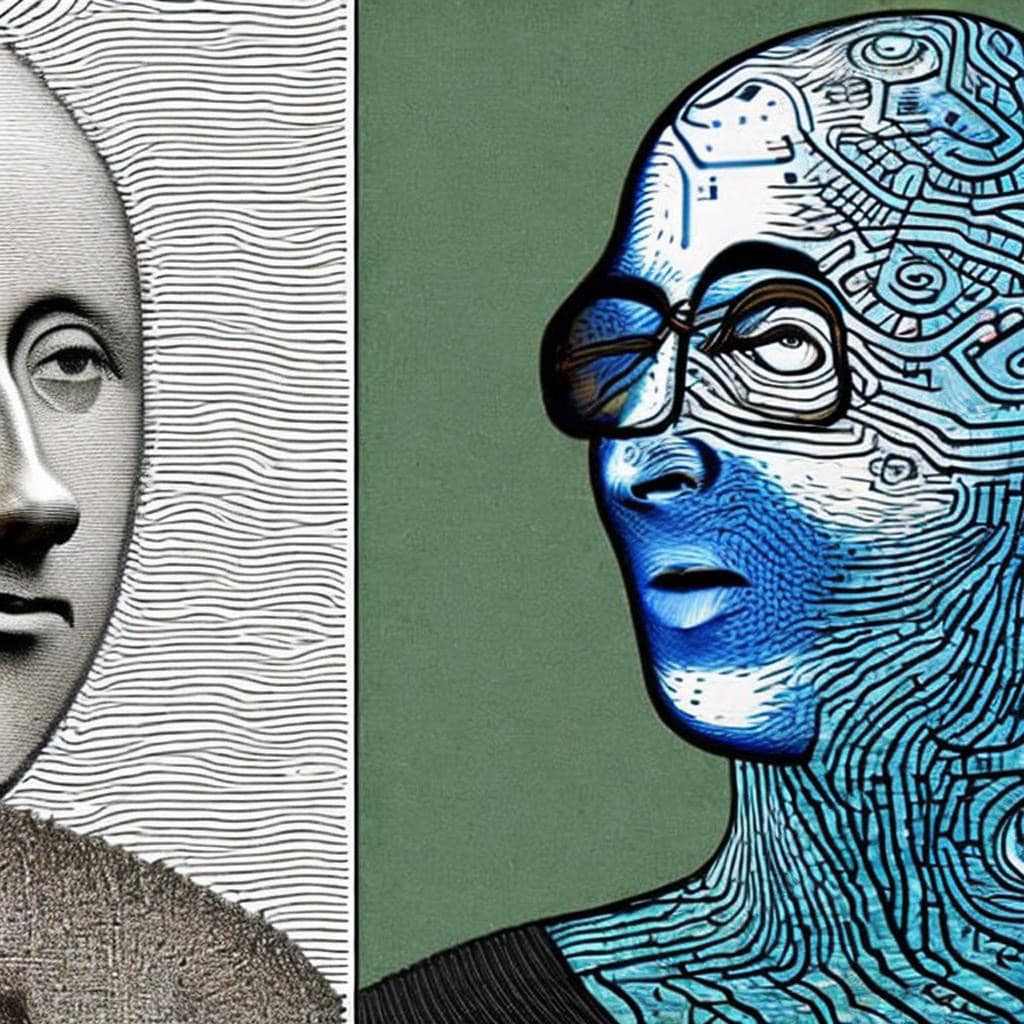
Main dangers associated with AI as described by these philosophers
Nick Bostrom
Bostrom believes that the development of artificial intelligence poses an existential risk to humanity. According to him, superintelligent AI could either decide to eliminate humans or use us for purposes that are undesirable to us. He also argues that we may not be able to control superintelligent AI once it surpasses human intelligence.
Susan Schneider
Schneider argues that the development of artificial intelligence raisesz questions about the nature of consciousness and the possibility of creating conscious machines. She also warns of the potential for AI to perpetuate biases and perpetuate discrimination.
Hubert Dreyfus
Dreyfus is critical of AI’s ability to replace human decision-making and points to the limitations of AI systems in understanding human context and intention. He argues that AI will never be able to replace human expertise in fields such as art, ethics, and politics.
Timnit Gebru
Gebru argues that AI technology is prone to perpetuating existing biases and power structures, and warns of the potential for AI to reinforce and amplify discrimination. She also raises concerns about the impact of AI on employment and the distribution of power in society.
Kate Crawford
Crawford warns of the dangers of AI as a tool of surveillance and control, particularly in the hands of governments and corporations. She argues that the development of AI must be guided by a commitment to transparency, accountability, and human rights.
John Searle
Searle argues that AI will never truly understand human thought and consciousness, and therefore will never truly be able to replicate human intelligence. He also warns of the potential for AI to be used to manipulate and deceive people.
These philosophers raise important warnings about the potential dangers of artificial intelligence, including existential risk, perpetuation of biases, limitations of AI decision-making, potential for AI to be used for harmful purposes, and the impact on employment and the distribution of power in society. It is crucial that we consider these warnings as we continue to develop and advance AI technology.

Their ideas about the benefits of AI
While these philosophers raise important warnings about the dangers of AI, they also acknowledge its potential benefits. Here are some of their ideas about the benefits of AI:
Nick Bostrom
Bostrom believes that superintelligent AI has the potential to solve humanity’s biggest problems, such as disease, poverty, and environmental degradation. He also argues that AI has the potential to greatly enhance human creativity and productivity.
Susan Schneider
Schneider believes that AI has the potential to enhance human cognition and augment our abilities. She also believes that AI has the potential to help us understand the nature of consciousness and the relationship between the mind and the brain.
Hubert Dreyfus
Dreyfus acknowledges that AI has the potential to greatly enhance human efficiency in certain tasks and industries, such as manufacturing and logistics.
Timnit Gebru
Gebru believes that AI has the potential to greatly benefit society by automating certain tasks and allowing people to focus on more creative and fulfilling work.
Kate Crawford
Crawford believes that AI has the potential to improve human lives through better healthcare, education, and the development of new technologies.
John Searle
Searle believes that AI has the potential to greatly enhance human knowledge and understanding by automating certain tasks and analyzing large amounts of data.
These philosophers recognize the potential benefits of AI, including enhancing human cognition and efficiency, solving humanity’s biggest problems, and improving human lives through new technologies and automation. However, they also warn that these benefits must be carefully considered and balanced against the potential dangers of AI.

How do they see the evolution of AI for a better use
These philosophers have different perspectives on the evolution of AI for better use, but here is a general summary of their views:
Nick Bostrom
Bostrom believes that the development of superintelligent AI is inevitable, but that we need to be proactive in ensuring that it aligns with human values and goals. He advocates for the development of AI that is “provably beneficial,” meaning that it is designed and programmed to act in ways that are clearly beneficial to humanity.
Susan Schneider
Schneider believes that the development of AI must be guided by a thorough understanding of consciousness and the nature of the mind. She argues that this understanding is necessary to ensure that AI systems are capable of acting in ways that are aligned with human values and ethical principles.
Hubert Dreyfus
Dreyfus believes that the development of AI should be guided by an understanding of the limitations of AI and its inability to truly understand human context and intention. He argues that AI should be used to augment and enhance human decision-making rather than replace it.
Timnit Gebru
Gebru believes that the development of AI must be guided by a commitment to ethics and the avoidance of harm. She argues that AI should be developed in a way that minimizes its potential for discrimination and reinforces existing power structures.
Kate Crawford
Crawford believes that the development of AI must be guided by transparency, accountability, and a commitment to human rights. She argues that AI should be designed and developed in a way that minimizes the potential for misuse and abuse.
John Searle
Searle believes that the development of AI should be guided by an understanding of the limitations of AI and its inability to truly understand human thought and consciousness. He argues that AI should be developed in a way that recognizes these limitations and avoids attempts to create a truly conscious AI.
These philosophers have different perspectives on the evolution of AI for better use, but they all agree that the development of AI should be guided by ethics, a commitment to avoiding harm, and an understanding of its limitations and potential dangers. They argue that AI should be developed in a way that aligns with human values and benefits humanity.
Thank you for questions, shares and comments!
Share your thoughts or questions in the comments below!
Text with help of openAI’s ChatGPT Laguage Models & Fleeky – Images with help of Picsart & MIB






